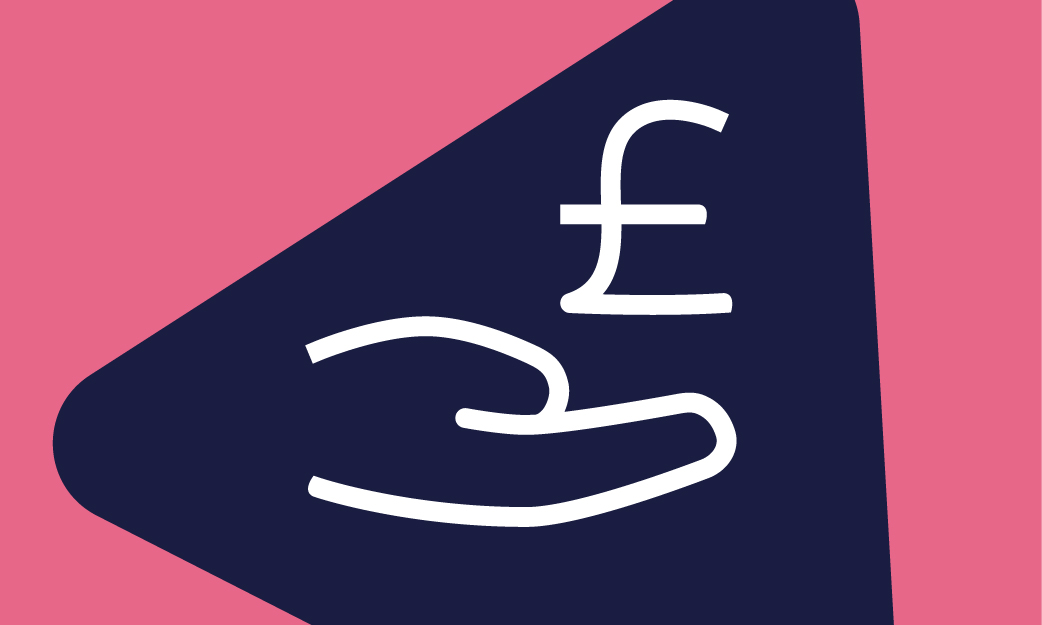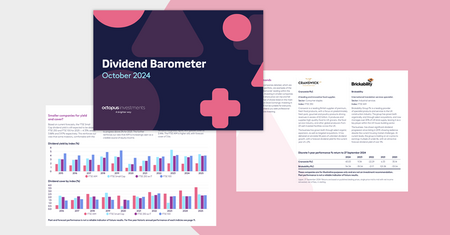Venture Capital Trust Investments
Invest in a diverse portfolio of early-stage businesses and claim attractive tax reliefs.
What are Venture Capital Trusts?
The UK has a rich ecosystem of early-stage businesses with growth potential. But without funding and specialist support, many might never get off the ground.
A Venture Capital Trust (VCT) is a company that buys small stakes in a large number of early-stage companies. The VCT can hold these companies for many years and support their growth, adding new investments over time.
You might have heard of many of the companies Octopus has backed, such as Secret Escapes, Zoopla, or Graze.
Of course, not every smaller company will be a success story. That’s why VCT investors can claim tax reliefs, which encourage investment in early-stage businesses.
Watch our short video which explains:
- What a VCT is
- How VCTs work
- The benefits and risks of investing
An introduction to Venture Capital Trusts – Runtime 4:19
How do Octopus VCTs work?
The UK has a rich ecosystem of early-stage businesses with growth potential. But without funding and specialist support, many might never get off the ground.
A Venture Capital Trust (VCT) is a company that buys small stakes in a large number of early-stage companies. The VCT can hold these companies for many years and support their growth, adding new investments over time.
You might have heard of many of the companies Octopus has backed, such as Secret Escapes, Zoopla, or Graze.
Of course, not every smaller company will be a success story. That’s why VCT investors can claim tax reliefs, which encourage investment in early-stage businesses.
Watch our short video which explains:
- What a VCT is
- How VCTs work
- The benefits and risks of investing
An introduction to Venture Capital Trusts – Runtime 4:19
Reasons to invest
Income tax relief
Investors can claim upfront income tax relief equal to 30% of their investment on the first £200,000 each tax year.
Tax free dividends
The tax-free dividends paid by a VCT can provide a supplementary income, which could be useful, especially if investors are approaching or in retirement.
Supporting UK businesses
Investing in a VCT means investors are helping innovative smaller companies to create jobs, prosperity and economic growth across the UK.
Portfolio diversification
VCTs can diversify an investor’s portfolio by giving them access to companies they may not otherwise hold.
Risks to bear in mind
Capital at risk
The value of a VCT investment, and any income from it, can fall as well as rise. Investors may not get back the full amount they invest.
Volatility and liquidity
VCT shares could fall or rise in value more than other shares. They may also be harder to sell.
Qualification status
Tax reliefs depend on a VCT maintaining its VCT-qualifying status.
Tax treatment
Tax treatment depends on individual circumstances and tax legislation may change in the future.
VCTs from Octopus
Octopus Future Generations VCT
closed
The Octopus Future Generations VCT is an opportunity for investors to share in the growth of purpose driven companies.
Octopus Titan VCT
closed
The UK’s largest VCT invests in a portfolio of over 140 early-stage companies with the potential for high growth.
Octopus Apollo VCT
closed
A portfolio of around 45 established smaller companies which targets commercialised businesses looking to scale.
Octopus AIM VCTs
closed
Two VCTs featuring established portfolios of around 80 AIM-listed companies with growth potential.
Resources and guides

Guide to Venture Capital Trusts
Learn how VCTs work, the types of companies they invest in, and the benefits and risks of investing in a VCT.

Guide to claiming income tax relief
This guide explains how you can claim tax relief on a VCT investment.
Reasons to invest
Income tax relief
Investors can claim upfront income tax relief equal to 30% of their investment on the first £200,000 each tax year.
Tax free dividends
The tax-free dividends paid by a VCT can provide a supplementary income, which could be useful, especially if investors are approaching or in retirement.
Supporting UK businesses
Investing in a VCT means investors are helping innovative smaller companies to create jobs, prosperity and economic growth across the UK.
Portfolio diversification
VCTs can diversify an investor’s portfolio by giving them access to companies they may not otherwise hold.
Risks to bear in mind
Capital at risk
The value of a VCT investment, and any income from it, can fall as well as rise. Investors may not get back the full amount they invest.
Volatility and liquidity
VCT shares could fall or rise in value more than other shares. They may also be harder to sell.
Qualification status
Tax reliefs depend on a VCT maintaining its VCT-qualifying status.
Tax treatment
Tax treatment depends on individual circumstances and tax legislation may change in the future.
VCT Investments from Octopus

Octopus Future Generations VCT
closed
The Octopus Future Generations VCT is an opportunity for investors to share in the growth of purpose driven companies.

Octopus Apollo VCT
closed
A portfolio of around 45 established smaller companies which targets commercialised businesses looking to scale.

Octopus AIM VCTs
closed
Two VCTs featuring established portfolios of around 80 AIM-listed companies with growth potential.

Octopus Titan VCT
closed
The UK’s largest VCT invests in a portfolio of over 140 early-stage companies with the potential for high growth.
Resources and guides

Guide to Venture Capital Trusts
Learn how VCTs work, the types of companies they invest in, and the benefits and risks of investing in a VCT.
Have a client in mind?
Want to understand how VCTs could benefit your clients? Browse our client scenarios.
We’re here to support you
If you’ve got a question about any of our products or services, please get in touch.

Get in touch
Out of office hours? Email us and we’ll do our best to contact you within 24 hours.

Call us
Use our postcode search to find the contact details of the people who look after your firm.
Related VCT resources

Venture Capital Trusts Explained
Learn how VCTs function, the types of early-stage companies they invest in, and the tax benefits and risks involved.

How to claim VCT tax relief
Learn how to claim up to 30% income tax relief on Venture Capital Trust (VCT) investments and enhance your understanding to support your clients’ investment decisions.

VCT FAQ’s
Our easy-to-read guide answers common questions about Venture Capital Trusts (VCTs), designed to help you understand VCTs better and assist your clients with confidence.







